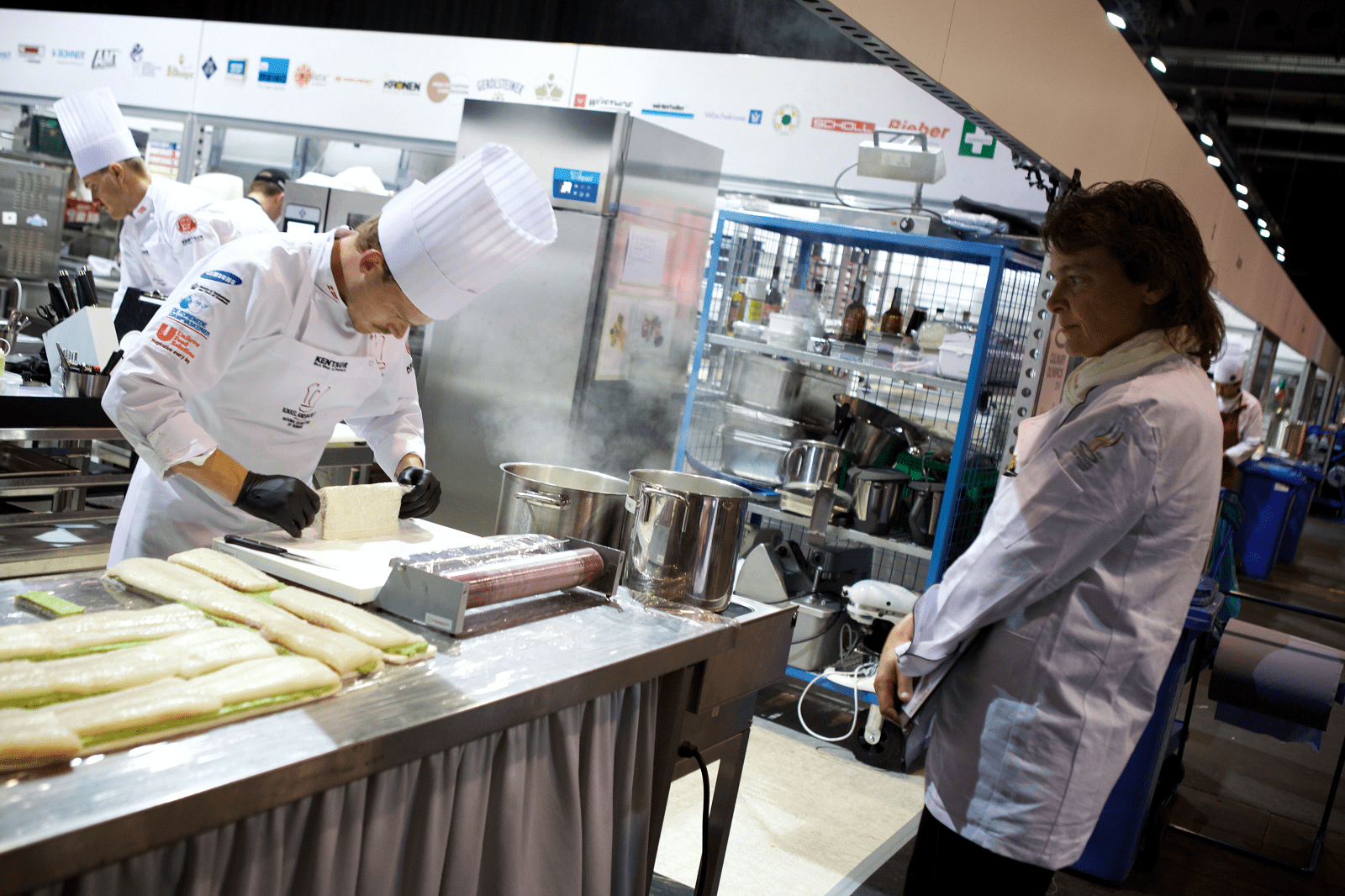How the National Culinary Team changes the cuisine of Denmark
Since 2005, the National Culinary Team of Denmark has taken home several medals from the Culinary World Championships and Olympics. It has not only changed the destinies of young chefs but also raised the awareness of the gastronomic opportunities in Denmark as well as our global position as a leading gastronomic food nation.
The National Culinary Team consists of several talents from the greatest Danish restaurants and at the 2016 Culinary Olympics, the Danish team had both a junior and a senior team alongside also a catering team.
Great Results at Culinary Olympics 2016
At the Culinary Olympics 2016, the Danish team took home several medals with more than 50 people as a part of the team. The team had everything from contestants, team leaders and board members to washer-ups and helpers.
The Senior Team won a 3rd place taking home a silver medal in cold kitchen and an impressive gold medal in the hot kitchen competition. The Junior Team also impressed: The upcoming talents won a total 5th place including a gold medal in the competition Edible Buffet. In addition, the Catering Team won a 3rd place.
Since 2016, Denmark has experienced more than a doubling of the amount of Michelin stars awarded to Danish restaurants
The Danish Gastronomic Culture
The awards are a result of the shift in the gastronomic scene of Denmark. With the emergence of the New Nordic Kitchen, Denmark has experienced a large increase in the amount of Michelin stars awarded to Danish restaurants and increased awareness from the everyday-consumer in how new gastronomic frontiers can come from the finest restaurants into the kitchen of ordinary Danes. From 2016 to 2024, Denmark went from 20 to 44 Michelin Stars.
For centuries farming and fishing have played key role in everyday Danish life, and even today, the Danish food is deeply rooted in the ancient agricultural traditions, where potatoes, meat and dairy products were indispensable daily sources of nutrients. The use of local foods also adds to a more sustainable gastronomic experience.


